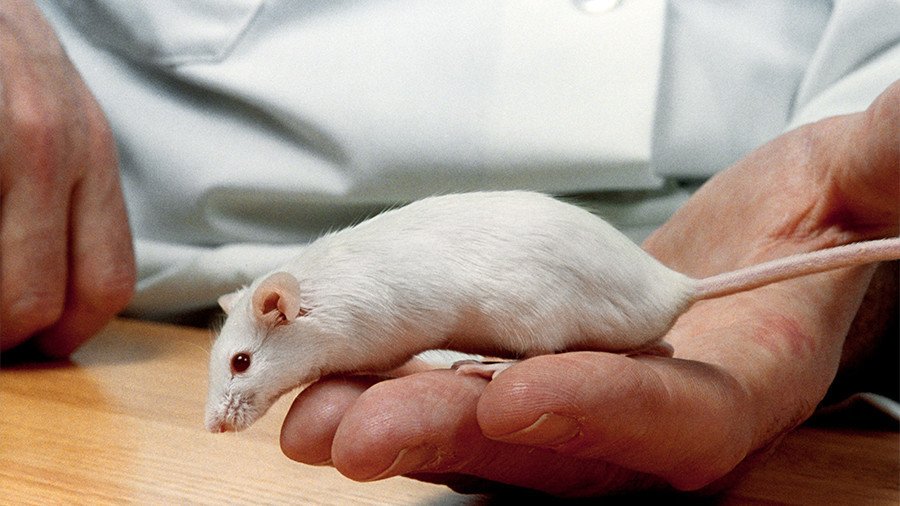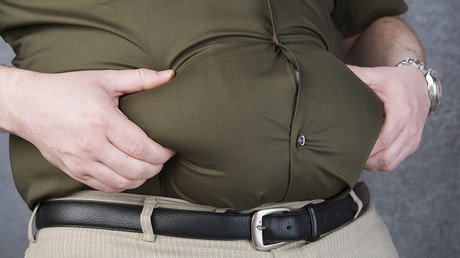New hope for human patients as scientists reverse type 1 diabetes in mice

A team of scientists from Boston Children's Hospital have reversed type 1 diabetes in mice, leading to hopes that human sufferers of the autoimmune condition may soon be treated using a similar method.
Hospital researchers said that all of the mice trialled were successfully cured of type 1 in the short term, while around one-third were cured for the duration of their lives. Previous studies have tried to cure the condition using immunotherapy.
Patients in those studies were infused with their own blood stem cells, in an attempt to reboot their immune system. However, Boston researchers discovered that a genetic defect, which causes the blood stem cells to produce less of a protein called PD-L1, contributes to so-called juvenile diabetes.
“We found that in diabetes, blood stem cells are defective, promoting inflammation and possibly leading to the onset of disease,” senior researcher Paolo Fiorina said in a statement.
To combat the defective gene, the team replaced it with healthy genes and used a harmless virus as a carrier, they found that the treated cells reversed diabetes in the tested mice. “We think resolution of PD-L1 deficiency may provide a novel therapeutic tool for the disease,” study author Ben Nasr said.
More research is now needed to determine how long the treatment would last in humans but scientists are hopeful as there weren’t any adverse effects of treatment on the mice. “The beauty of this approach is the virtual lack of any adverse effects, since it would use the patient's’ own cells,” Fiorina said.
The research was published Wednesday in the journal Science Translational Medicine.













